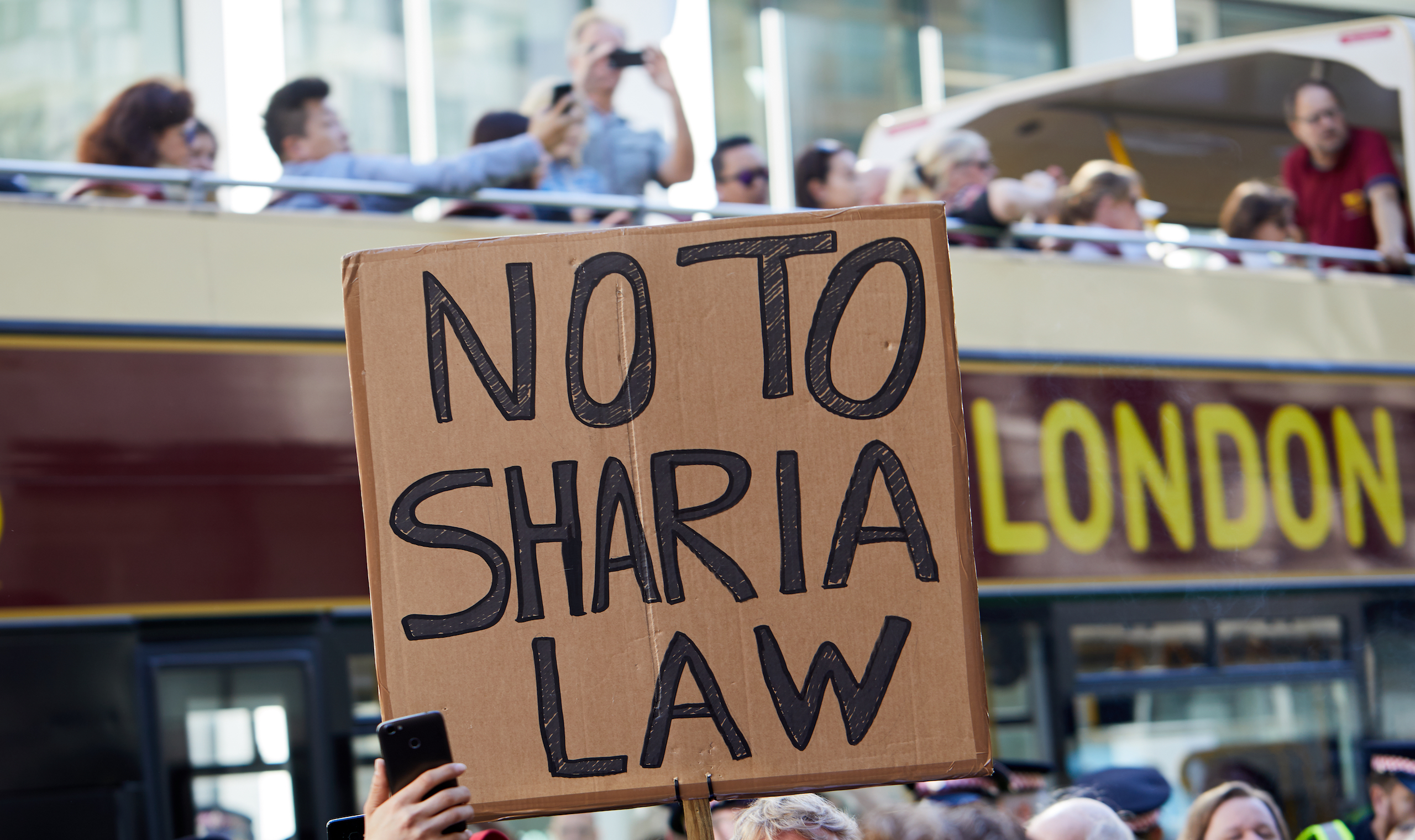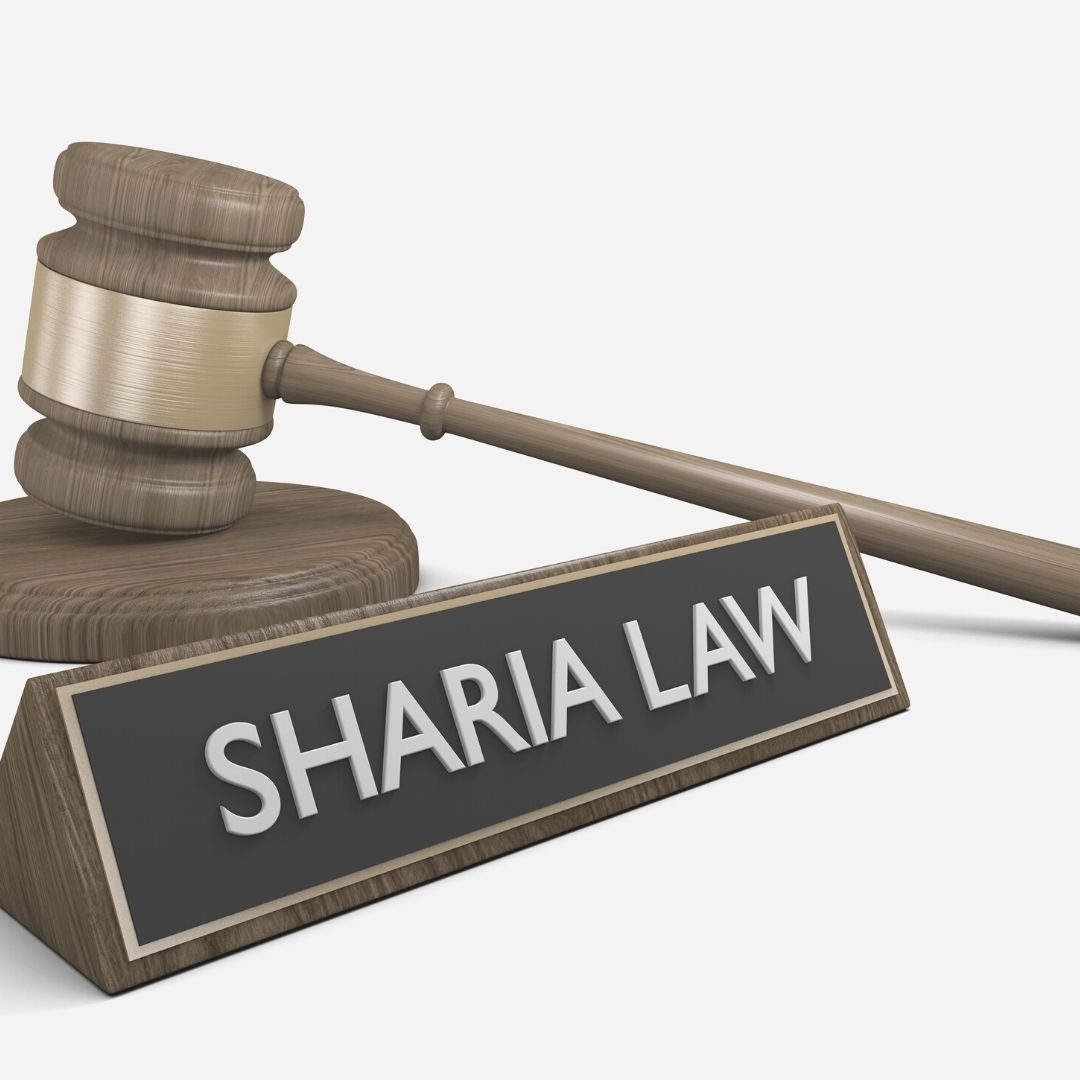Given the instant publicity of any reprehensible action taken in the name of “sharia law,” you might be forgiven for assuming that shariah is a draconian, rigid, medieval code of law imposed indiscriminately on everyone within reach. Wide dissemination of stories like that of Mubarak Bala, an atheist in Nigeria who has been arrested, allegedly under a blasphemy charge, confirm these views of a nasty, barbaric Islamic law.
Consider, however, the statement of Harvard law professor Noah Feldman: “For most of its history, Islamic law offered the most liberal and humane legal principles available anywhere in the world.” How can Feldman’s statement—which is true!—be reconciled with the case of Mubarak Bala? By examining the facts.
The Arabic word shariah doesn’t have one fixed meaning. It literally means “the path to the watering place.” In religious terms, it means “the righteous path.” To Muslims, it means the “way of God.”
But what is the way of God? Early Muslims looked to the Qur’an and the words of the Prophet Muhammad to answer this question. They filled books of interpretive writings (called fiqh) about how to act in accordance with the way of God. They rarely all agreed—fiqh isn’t just one rule, but many differing opinions and contradictory rules and scholarly debates.
Sometimes, shariah also refers to the whole body of Islamic texts, which includes the Qur’an, the sayings of the Prophet, and fiqh. The first two are considered divine, but fiqh is not; in fact, it’s meant to evolve.
In Islamic civilization, the legal system based on shariah flourished for over a thousand years. It’s considered one of the world’s three major legal systems, alongside Roman law and English common law. In fact, the shariah-based legal system, being a case-based system, resembled English common law much more than Roman law.

The Guardian article on Mubarak Bala confidently states that “sharia law” is applied in twelve Nigerian states. But this is wrong. Shariah, as it was meant to be applied, with its courts and judges and institutions, is no longer the law of the land anywhere in the world. What goes by the name of “shariah law” these days is simply the appropriation of isolated pieces of fiqh taken out of their ancient context and tacked onto existing Western civil codes and enforced by the government. That is not shariah, which has a sophisticated legal methodology of application. That’s just making up Islamic-sounding laws and calling it “shariah law.”
The shariah-based legal system, which had operated for a millennium, was dismantled under Western colonization of Muslim lands, starting in the 18th century. Nearly 90% of Muslim lands fell under Western colonization, which resulted in depleted resources, dismantled Islamic legal organizations, and defunded Islamic educational institutions. Western powers imposed Western laws on the shariah legal system, either resulting in strange hybrids or supplanting shariah altogether. Ironically, as Feldman writes, colonialism often stripped Muslim women of the rights they had always held under shariah. Shariah courts, judges, and scholars were made obsolete. Whereas Judaism and Christianity modernized in response to the Industrial Revolution, Muslims couldn’t similarly develop their religious tradition because they were subjugated.
After colonialism in the mid-twentieth century, newly drawn, aggressively secular, Muslim-majority countries inherited the colonial state apparatus and adopted new legal systems, usually based on the French civil-law system.
Because these repressive post-colonial Muslim governments were secular, opposition to them naturally formed under the banner of Islam. The post-colonial Muslim governments, seeking legitimacy and trying to deflate Islamist opposition movements, began ostensibly “implementing shariah law,” which has, in actuality, amounted to cherry-picking bits of Islamic-sounding provisions (mostly punishments) and grafting them haphazardly onto existing civil codes. The result: Muslim governments have been imposing Islamic-sounding punishments without implementing the numerous strict procedural restrictions that had always severely limited those punishments.
Why focus on Islamic punishments developed a thousand years ago, which were in abeyance until twentieth-century fundamentalists brought them back? Because they’re sensational. And they suit repressive governments seeking legitimacy and assertion of their faith with the added “benefit” that harsh punishments intimidate populations and deter rebellion.
These days, the shariah-based legal system is gone, along with its system of institutions, judges, and scholars. Modern states erroneously use its terminology to perpetuate their repressive regimes. And until these governments are removed, or at least improved, they will continue to assert harsh punishments in the name of Islam in order to retain their power, intimidate their populations, and assert their legitimacy.

We also have to ask, though, why the media continually publicizes horrible actions taken in the name of shariah while completely ignoring the good ones? In the UK, a 2013 survey showed that Muslims donate more to charity (a requirement under shariah) than do Jews, Christians, Hindus, and Sikhs. In Egypt, hundreds of Muslims formed human shields to protect Christians and Christian churches (a shariah requirement) during Christmastime. In the US, when a Jewish cemetery was defaced, Muslims raised $80,000 in the first twenty-four hours to help with repairs. That’s because shariah requires the defence of synagogues.
It’s in all our interests to stop mindlessly buying into the notion of shariah as draconian and violent, a view supported by Muslim terrorists and Islamophobes alike; a view capitalized upon by repressive Muslim governments and used as an excuse for war by Western ones. No legal system could have survived a thousand years without being flexible and adaptable. Understanding at least the basics of shariah, for both non-Muslims and Muslims, is essential to crippling Muslim terrorists, weakening repressive Muslim governments, and debunking Islamophobic rhetoric.

